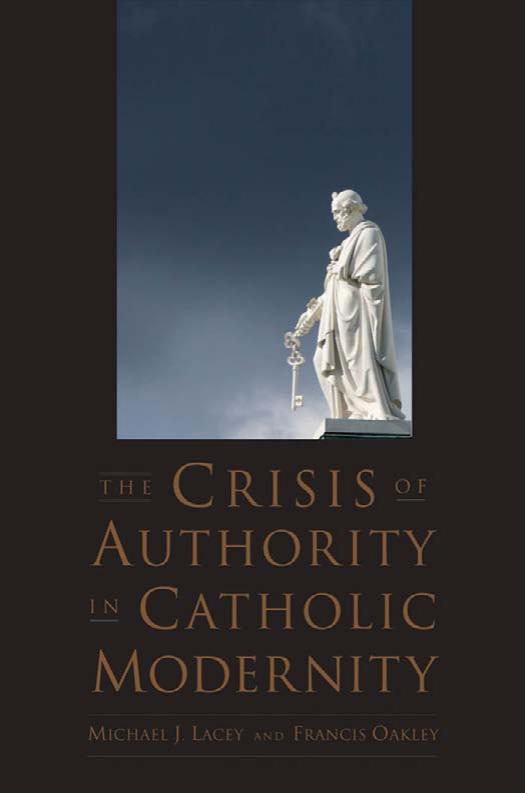

Most ebook files are in PDF format, so you can easily read them using various software such as Foxit Reader or directly on the Google Chrome browser.
Some ebook files are released by publishers in other formats such as .awz, .mobi, .epub, .fb2, etc. You may need to install specific software to read these formats on mobile/PC, such as Calibre.
Please read the tutorial at this link: https://ebookbell.com/faq
We offer FREE conversion to the popular formats you request; however, this may take some time. Therefore, right after payment, please email us, and we will try to provide the service as quickly as possible.
For some exceptional file formats or broken links (if any), please refrain from opening any disputes. Instead, email us first, and we will try to assist within a maximum of 6 hours.
EbookBell Team

5.0
30 reviewsThe essays in this volume shed new light on the paradox of power in the life and thought of the Catholic Church today, focusing on the tensions between authority asserted and authority observed. It is fairly clear that, while Rome continues to teach as if its authority were unchanged from the days before Vatican II (1962-65), the majority of first-world Catholics take a far more independent line, and increasingly understand themselves (rather than the church) as the final arbiters of decision-making, especially on ethical questions. The conflict between "look it up Catholicism" and an evidently increasing selectivity regarding moral teachings among believers defines two distinctive subcultures within contemporary Europe and the U.S. How are the tensions between these two groups to be acknowledged and resolved? This collection of essays explores the historical background and present ecclesial situation, explaining the dramatic shift in attitude on the part of contemporary first-world Catholics. The overall purpose is neither to justify nor to repudiate the authority of the church's hierarchy, but illuminate for the reader some of the complexities and ambiguities of the tradition of belief and behavior the leadership speaks for, and the kinds of limits it confronts - consciously or otherwise.
Read More